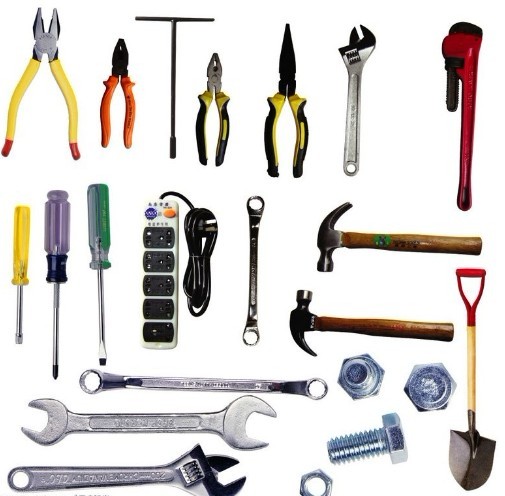
Whether a hardware store that sells abrasives products runs well has a lot to do with purchasing. Therefore it is essential for hardware dealers to know some tips when purchasing goods.

Whether a hardware store that sells abrasives products runs well has a lot to do with purchasing. Therefore it is essential for hardware dealers to know some tips when purchasing goods.
There are a lot to learn when purchasing goods. On one hand, too much purchase simply means relative abundant stock, which usually results in stagnant capital or capital loss caused by dull sale. What's worse, if an abrasives dealer had purchased counterfeited products, both interests of customers and the dealer would be damaged. On the other hand, insufficient purchasing may cause stock outs, which signifies potential profit. In a word, it is essential for hardware dealers to know some tips when purchasing goods.
Purchasing Principles
More often than not, it depend on the sales situation for hardware dealers to purchase goods. They are able to grasp purchasing volume most of the time, while sometimes they fail. According to iAbrasive statistics, most hardware dealers purchase goods on Wednesday, then Monday and Friday. This is to ensure abundant goods in stock for trade on weekends. The following principles should be noticed when purchasing:
1. Law of supply and demand
To achieve a balance between supply and demand, hardware dealers are supposed to buy in products according to market demand. To goods that "demands exceeds supply", abrasives dealers shall find new ways to purchase and keep up with market trends and situation to provide products needed at any time; to goods that do not enjoy a popular market, abrasives dealers can buy in various types but each type in a small amount, i.e., to keep full range and necessary stock.
2. Seasonal Production & Marketing
For seasonal hardware products, abrasives dealers can purchase a lot at the beginning of a season, a little in the mid-term, and supplement at the end. Purchase more in peak season and less in off-season.
3. If goods supply site is far, one can purchase large amount to save costs; if supply site is local, one can buy some at a time and purchase frequently.
4. New products has to pass trial sale to open market, so purchasing can be increased gradually.
5. For goods that may be influenced by natural disaster such as agricultural and sideline products, one should look for manufacturing base to guarantee a stable source. To goods in bulk, one can adopt future goods purchasing mode, minimize risks and decrease price. To variable goods, one should enhance research to keep an eye on market trends.
Buying Channels
Usually fair-price hardware stores have three sources: the first is to buy directly from manufacturers; the second is to buy from retailers, the last is to buy form agents. The first two channels mainly record the name, address, telephone of manufacturers and distributors, as well as product name and specifications. Agents should add the delivery time, settle accounts and paying terms.